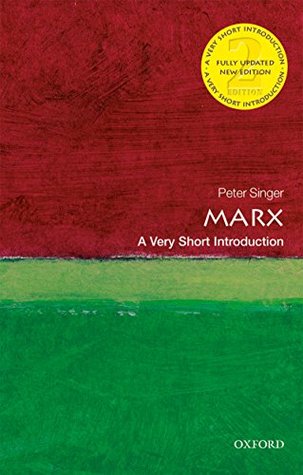The fact that the worker obtains only the exchange-value, rather than the use-value, of his labour, means that in order to earn enough to support himself he has to work a full day—say, twelve hours—whereas his labour produces the use-values of the necessary food, clothing, shelter, and so on in, say, six hours.
Welcome back. Just a moment while we sign you in to your Goodreads account.


